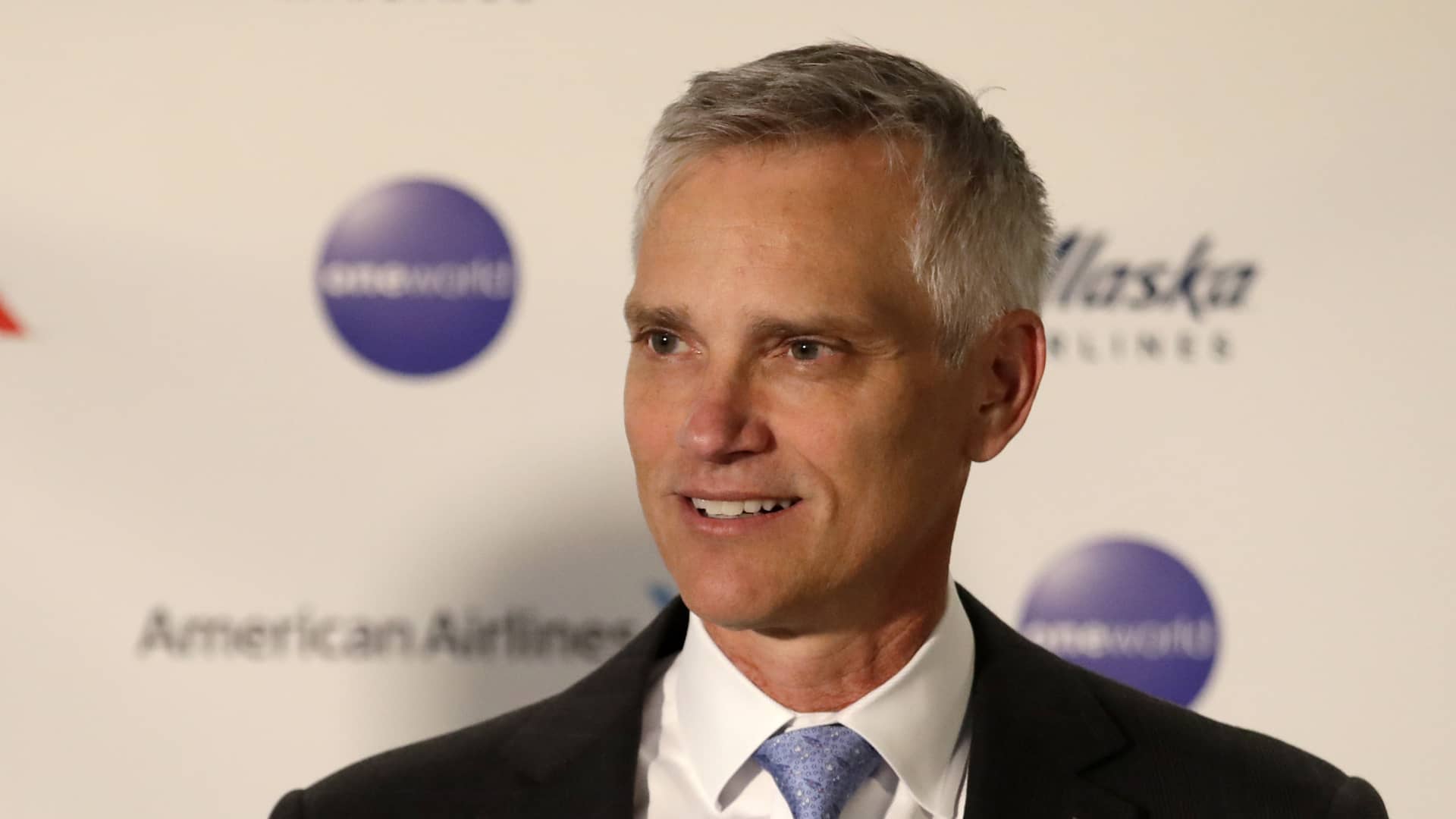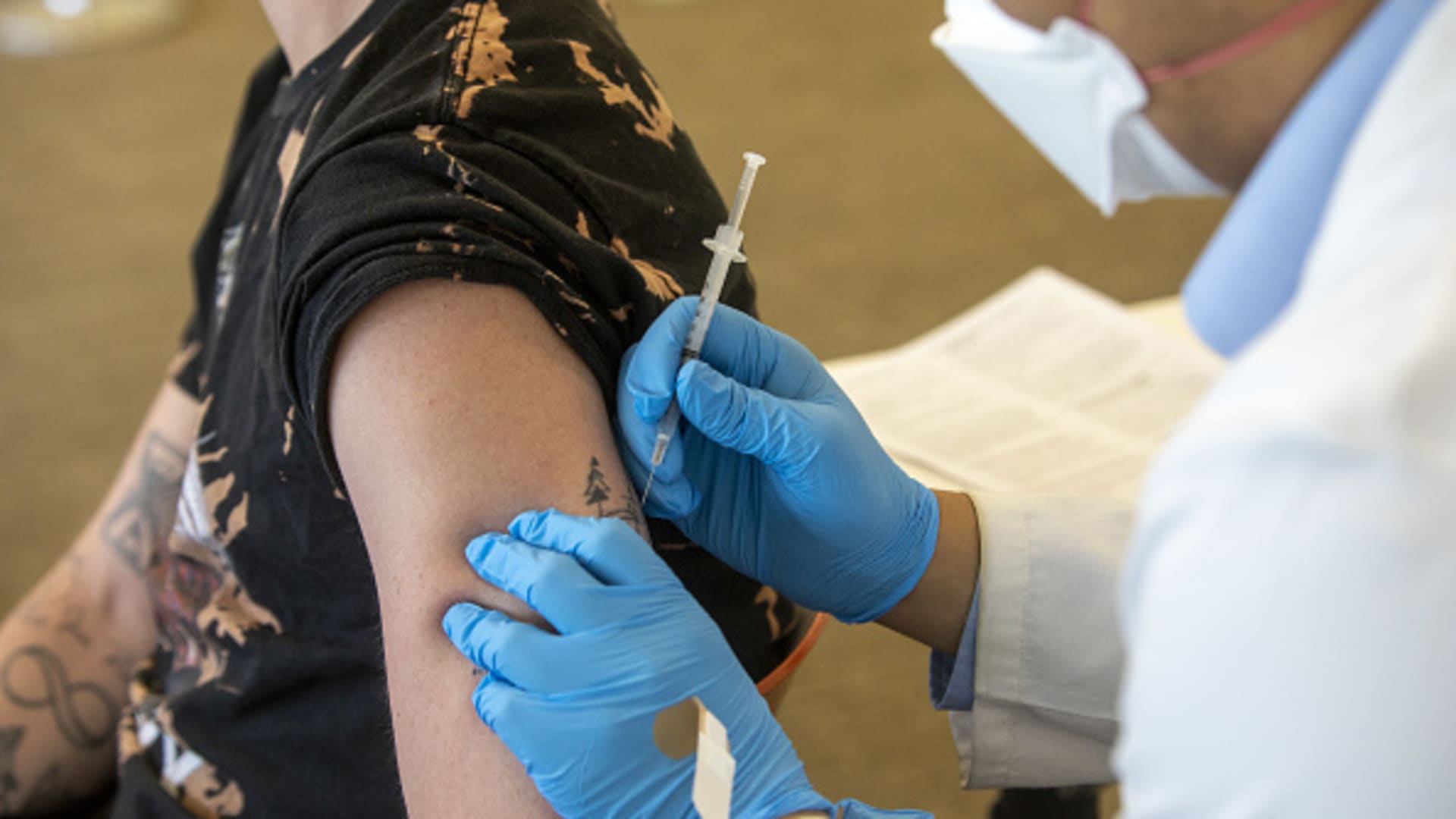United Airlines pilots to get raises of more than 14%, 8 weeks of maternity leave in new contract


The union representing United Airlines pilots has approved a tentative deal that would give the aviators pay raises of more than 14%, making it the first major U.S. carrier to reach a deal since the start of the Covid-19 pandemic and setting the bar for the rest of the industry.
The agreement comes as the airline and others grapple with a shortage of pilots, which some carriers say have forced them to trim flight schedules. The contract faces a vote by rank-and-file pilots that will conclude in mid-July.
Under the agreement approved Friday, pilots would get more than 14.5% in pay increases within 18 months, according to the Air Line Pilots Association, which represents about 14,000 United pilots.
Pilot pay at United as of 2020 ranged from about $73,000 a year for an early-career first officer on the carrier’s smallest aircraft to more than $337,000 for a wide-body captain, according to Kit Darby, a pilot pay consultant and retired United captain. However, pay can vary widely depending on how often pilots fly.
The two-year agreement also includes eight weeks of paid maternity leave, a first for the carrier’s pilots. United said women comprise about 7% of its pilot ranks.
The agreement sets the tone for negotiations with other large U.S. carriers, including Delta Air Lines, American Airlines and Southwest Airlines, as unions seek quality-of-life improvements after two years of the pandemic. Some pilots say airlines have created grueling schedules to capitalize on a rebound in travel that has left them fatigued, and some have recently picketed to protest conditions.
In a video message to pilots last week, American Airlines CEO Robert Isom said the company would consider other carriers’ agreements, including United’s, and update its pay proposals once the details are known.
“Our team will be paid well and be paid competitively. You are not going to fall behind network peers,” Isom said in the video seen by CNBC.
Flight attendants and other work groups at major carriers are also in contract talks.
Airlines’ staffing struggles grew worse in the pandemic. Although U.S. airlines received $54 billion in taxpayer payroll aid that prohibited layoffs, airlines urged many pilots to take early retirement and leaves of absence, which created a hiring and training backlog.
The shortage of pilots is particularly acute at regional carriers, which often fly to smaller cities. Two of American Airlines’ regional carriers Envoy and Piedmont last week said they would temporarily increase pilot pay by more than 50% to help attract and retain staff as competition for aviators heats up across the industry.
This post has been syndicated from a third-party source. View the original article here.




